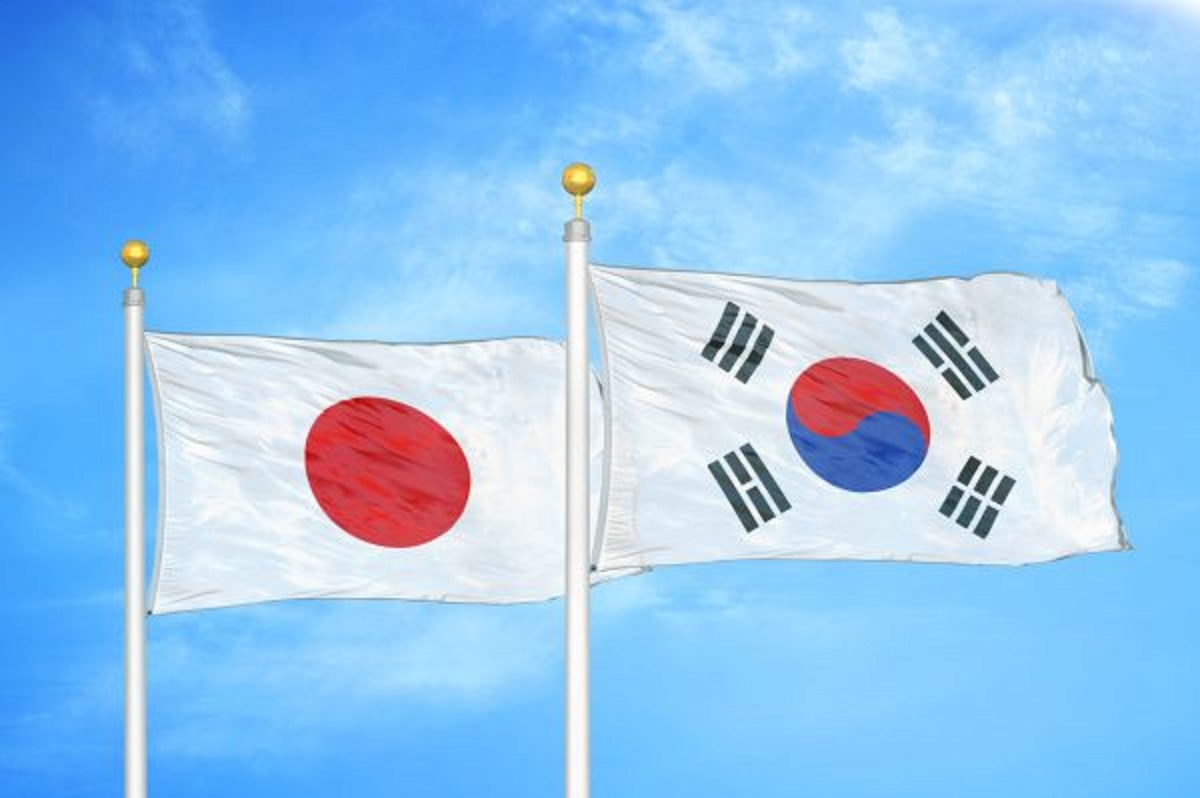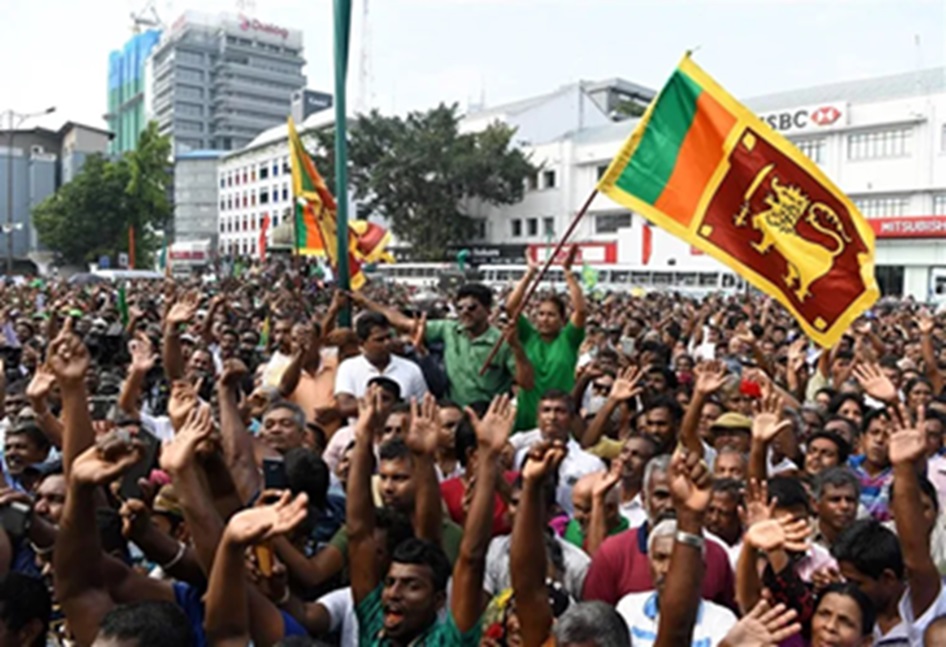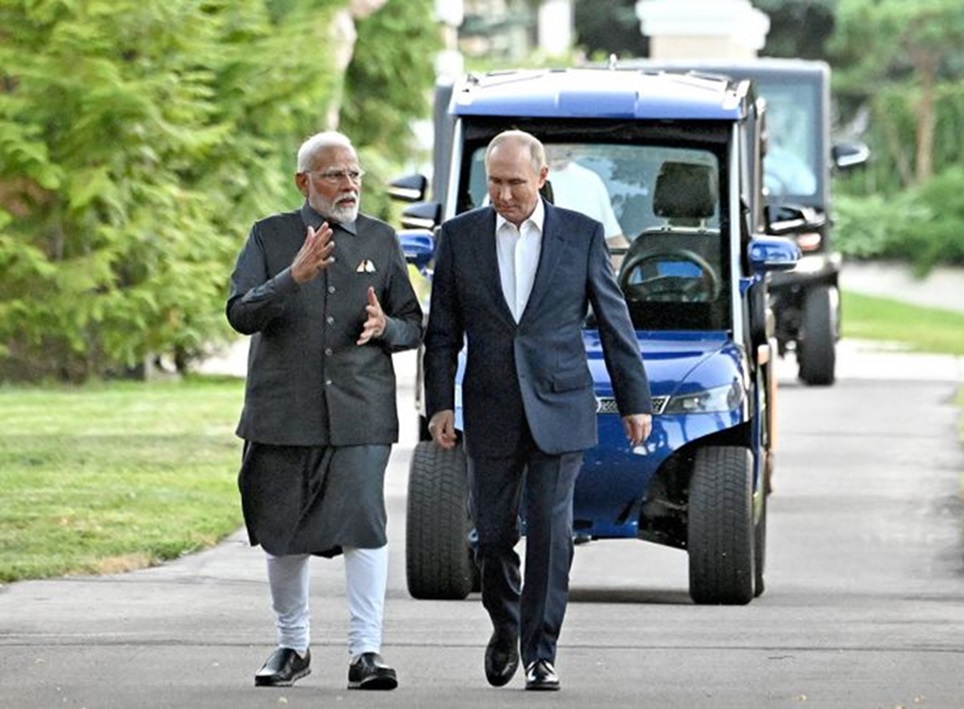Japan has upheld South Korea’s new plan to compensate victims of forced wartime labour during the occupation of the Japanese imperial after a deadlock which affected bilateral ties. A South Korean government-backed foundation will pay the victims through donations to the two Japanese businesses as directed by the South Korean Supreme Court in 2018 for their links to forced labour.
The recent announcements by the Korean foreign minister, on the establishment of a fund to compensate forced workers during the Japanese colonization, have two goals. The first is to rehabilitate the deceased and the living. As a second point, Seoul’s desire to move forward diplomatically with Japan is one of the cornerstones of this fund. Minister Park Jin wants to look ahead and not behind. In a context where provocations from North Korea are becoming even more present and the development of short-range missiles targeting US forces in South Korea, Seoul, knowing its isolated situation, needs help and wants to take advantage of the joint Seoul-Tokyo-Washington exercises to get closer to the Japanese.
The former empire of Japan could be a powerful ally in international bodies in the event of rising tensions. Yoon’s wants to redefine the current diplomacy. With regard to North Korea, the ideology is fixed: a firm and rapid response to the provocations of Kim. Highlighting the different conceptions of reunification, while strongly encouraging it. The recent developments shows Yoon’s determination to impose his diplomacy being the threat to revisit past joint declarations during the previous administration in 2018. By doing so, Yoon and his government know full well how to touch the North Korean regime. They are well aware of its ability to play on the sensitive chord of reunification.
When Pyongyang has basic needs such as food, the regime will be forced to return to the negotiating table. Faced with this increasingly tense relationship with the North, Seoul wants to re-establish a solid partnership with Tokyo, this desire is confirmed by its Japanese counterpart Fumio Kishida. Japan is concerned about China’s maritime presence around the Indo-Pacific. In addition to this, with internal destabilizations in Japan, following the assassination of Abe Shinzo and societal debates beginning to emerge in Japan, the archipelago needs a stable relationship with an ally. The Seoul-Tokyo relationship will be a strategic one. The first point is to resolve tensions related to forced labour during the Japanese colonization, the second hot debate is that of the Sea of Korea. These announced would facilitate centralised reimbursement through a foundation and public/ private actors. Yoon’s diplomacy is enterprising, innovative suiting to his nation’s requirements. The proposal of his economic development plan for North Korea and now the Japan-Korea rapprochement aims to give Korea a leading position among mediator countries. In the end, with this rapprochement desired by Seoul, we can think that the long-term goal is to increase pressure the North Korea and bring them in line for peace and tranquility in the region..
The history of Japanese colonization is very well documented. In 1894, the Empire of Japan signed a military treaty with the Kingdom of Korea. Then, in 1905, the Japanese Empire colonized Korea. This annexation became official on August 29, 1910. The Japanese invasion ended in 1945, with the surrender of the Empire. The strategy through this conquest was to have a foothold in China. Japan created a puppet state in Manchuria and installed the former emperor of China, Pu Yi. Today, trade relations with Japan are good, but when the intentions of the two countries are more determined, there are forces that blocks intensification of relations..
The two countries do not lack the will, but this funding would ease the blockages in the relationship. The medium-term objective is to improve relations between Tokyo and Seoul. In the long term, this can be part of strategic partnerships with Tokyo and Korea. The position of the United States may change from a mediator to a military partner in the region. In addition to international affairs, relations with Korea could become a matter of competition between China and the United States. One thing is certain, Korea wants more autonomy and local exchanges. This development is nevertheless controversial because Japanese participation is not direct. In the future, the government may review its position to meet the needs of the Koreans. From this perspective, the future of Japanese-Korean relations would be more than encouraging.
This development would certainly synergise the strategic coalition in future and can trigger more stability in the region.
Title image courtesy: The Diplomat
Disclaimer: The views and opinions expressed by the author do not necessarily reflect the views of the Government of India and Defence Research and Studies





